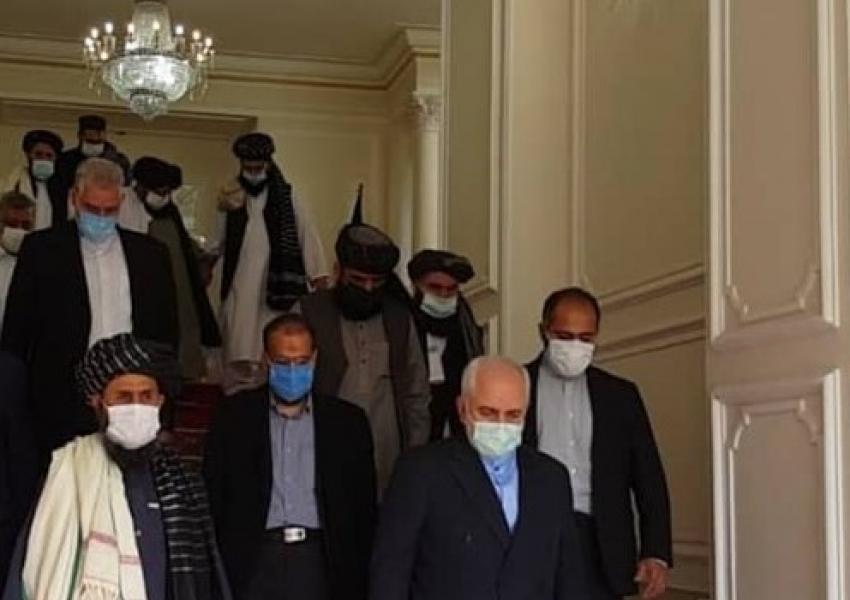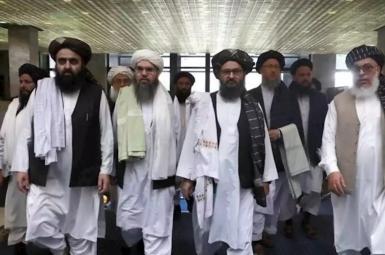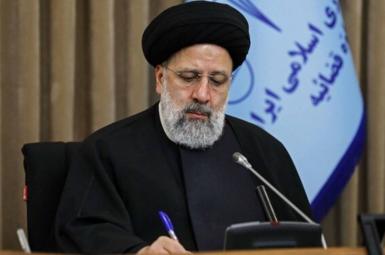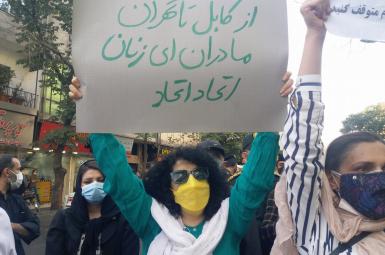
Iranian Economists Concerned About Loss Of Exports To Afghanistan
Iranian economic experts are concerned that the Taliban takeover in Afghanistan might have a negative impact on Iran’s exports to the country, which is an important market for manufacturers amid US sanctions on Tehran.
Iran was exporting annually around $3.5 billion of goods to its eastern neighbor, which does not have a large industrial sector, but the Taliban takeover can pose a serious challenge to trade relations.
The former head of Iran’s trade expansion organization Mohammad-Reza Mowdoudi told Fars news that Afghanistan trade with Iran was largely in the hands of Afghan merchants and businesses who ordered goods and received them at Iranian customs at the border. Most of these merchants have either left Afghanistan with their capital or are currently inactive.
Indeed, the reaction of the business community to the Taliban takeover is a big question mark for the Afghan economy. No one can tell now how the Taliban will handle the economy and what will happen to entrepreneurs and businessmen who carved a role for themselves in the past 20 years as Afghanistan enjoyed international support and a liberal economic policy.
Mowdoudi believes Iran’s exports to Afghanistan will suffer this year amid all sorts of uncertainties. Although the total amount of the exports is modest by world standards, the income is important for Iran that has lost most of its hard currency revenues from crude oil exports, under US sanctions.
Afghanistan buys a lot of consumer goods from Iran, which creates employment in a bleak economic environment. It also imports fuel and metal products. According to some estimates, 40 percent of Afghanistan’s imports come from Iran, although some could be transit goods.
Iranian officials have said that after a brief lull, fuel exports have resumed because it probably has crucial and immediate role both for food distribution and Taliban’s war machine. But Iranian steel and iron exports have stopped amid the uncertainty as most of it is construction related.
Mowdoudi is concerned that if the Taliban improved ties with the international community they would become less dependent on Iranian imports. And if they remain disorganized and without hard currency, then the country’s economy will go downhill and there would be no money for imports. In either case, the outlook for Iranian exports is not good.
Mowdoudi believes that Iran’s exports to Afghanistan would depend on return of capital to the country.
Saeed Laylaz, an economic analyst in Iran said in mid-August that Afghanistan was an important factor in Iran’s ability to lessen the impact of US sanctions, both in terms of trade and also as a hub for Iran to make dollar transactions banned for legitimate banks by US sanctions.
“Considering security reasons, I cannot explain in detail, but during two periods of sanctions the foreign currency market in Herat has played a very important role in neutralizing American sanctions,” the Iranian economist said, referring to international sanctions from 2011-2015 and US sanctions since 2018.








